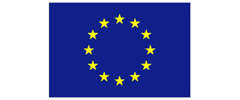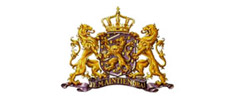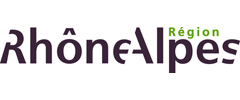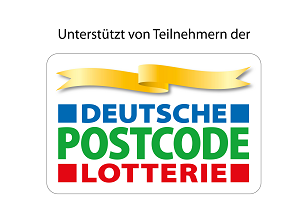The right to sanitation
WECF report about the Consultation Meeting on Sanitation
12.05.2009 |Anke Stock
Geneva, 29 April 2009 - Wecf was invited to the Consultation Meeting on Sanitation.
In March 2008, the UN created a new special procedure: the Human Rights Council established the mandate of the Independent Expert on the issue of human rights obligations related to access to safe drinking water and sanitation (http://www2.ohchr.org/english/issues/water/iexpert/index.htm). In September 2008 Catarina de Albuquerque was appointed, she took up her mandate on 1 November 2008. Her mandate encompasses the development of a dialogue with all stakeholders on best practices related to access to safe drinking water and sanitation; to undertake a study on the further clarification of the content of human rights obligations, including non-discrimination, in relation to access to safe drinking water and sanitation; and to make recommendations that could help the realisation of the MDGs, in particular MDG 7.
Firstly, the Independent Expert decided to focus on the human rights obligations related to sanitation. The consultation meeting held on 29 April 2009 at the Palais des Nations in Geneva dealt with the issue of sanitation involving different stakeholders from around the world.
The Director from the Water Supply and Sanitation Collaborative Council John Lane gave a stunning introduction to the topic. He reminded of the problems that occur when proper sanitation lacks, such as health problems, economic consequences, social costs and problems for the environment. Then Virginia Bras Gomes, member of the Committee on Economic, Social and Cultural Rights presented the issue of sanitation in international law and practice. She pointed out that the right to sanitation needs to include a certain quality, availability, access and acceptability.
After that a discussion evolved around different elements the right should include and the question whether a separate right to sanitation was needed or whether this should be included in the right to water. Civil society called for a separate right to sanitation and remembered participants of the need to take gender issues into consideration. This was also the main issue of WECF’s statement.
The Independent Expert was grateful for the input given and pointed out that she would be happy to receive more written information before 1 June 2009 so she could use this information for her report to the Human Rights Council in September this year. This should be sent to the secretariat of the independent expert:
Lucinda O'Hanlon
Special Procedures Division / OHCHR
Palais Wilson, Office 3-080
tel: +41 22 917 9679
email: lohanlon@ohchr.org
Written by:
Anke Stock / anke.stock@wecf.eu
Related News
WECF board member took part in seminar on CEDAW General Recommendation
Utrecht University organised the seminar in the light of the new CEDAW General Recommendation on gender-related dimensions of disasters in a changing climate
17.10.2017
Time for EU to walk the talk on 2030 Sustainable Development Agenda
As part of SDG Watch Europe WECF calls for a consequent implementation of the Sustainable Development Goals by the European Union.
06.06.2016
WECF board member speaks at UN Library Geneva Book Launch
WECF Governing Board member Gabriele Köhler speaks at UN Library Geneva Book Launch of the open access Oxfam journal “Gender and Development” devoted to the Sustainable Development Goals (SDGs)
04.04.2016
Case studies from the EWA project in Uganda
In Uganda, WECF works with local partner organisations to introduce gender sensitivity trainings and conservation agriculture. Two participants in the trainings share their views
29.02.2016
“In Russia, Kutepova was Considered an Enemy of the State”
Portrait of WECF’s board member Nadezhda Kutepova, who was forced to flee Russia last year
25.01.2016





































